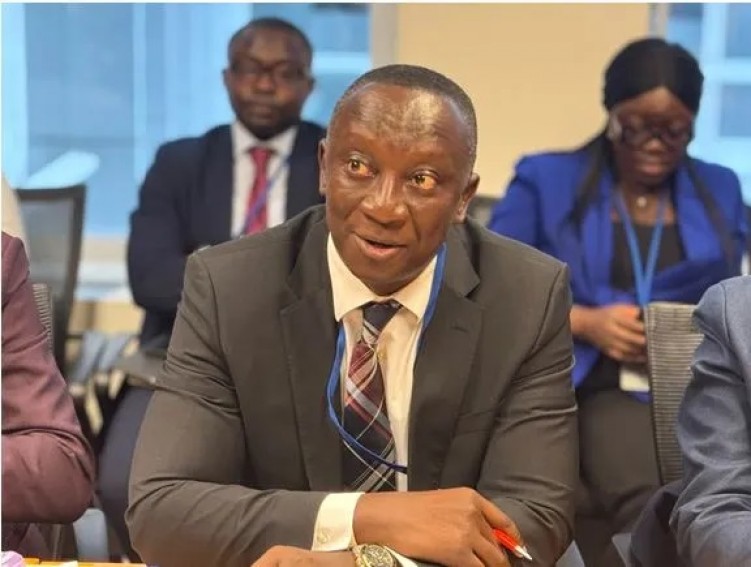Government is set to re-enter the domestic bond market ahead of the typical recovery timeline following its Domestic Debt Exchange Programme (DDEP), completed in September 2023.
It plans to reintroduce access to its domestic bond market for non-resident investors as early as next year, signalling confidence in the economic outlook. This contrasts with the two- to four-year period it usually takes for countries to regain market access after debt restructuring.
Samuel Arkhurst, Director-Treasury and Debt Management Division, Ministry of Finance, speaking during a media engagement at the IMF/World Bank meetings in October 2024 emphasised that the timing aligns with Ghana’s fiscal strategy.
“The last time we issued a bond was in September 2022, well before launching the DDEP in January 2023. We completed the entire process by September 2023,” he noted.
According to him, the near-two-year window from the bond issuance pause to the expected reopening aligns with Ghana’s recovery objectives. Typically, countries undergoing restructuring take longer in returning to the market, but Ghana is aiming for a faster re-entry.
The decision to open up the domestic bond market for non-residents next year is based on favourable conditions within the fiscal framework.
Mr. Arkhurst explained: “When you take a look at the entire fiscal framework, you realise that the restructuring took care of all domestic and external bonds. What it meant for our financing was a reliance on Treasury bills, which has been factored into the budget deficit and fiscal framework consistently. This is in line with our two-year recovery period strategy”.
Inflation, which peaked at 54 percent in 2022, has since been a significant concern affecting market access. However, Mr. Arkhurst highlighted the improvement in inflation figures – noting the potential for normalisation in 2025. Inflation has been on a disinflationary path and is currently at 22.1 percent for October 2024.
He pointed out: “If you were going to issue a bond when inflation was at 54 percent, the real interest rate would be close to 60 percent. But with the current economic conditions and expected improvements in inflation, we anticipate a more favourable environment for issuing bonds”.
The Director acknowledged that while non-residents have been restricted from the domestic market, their demand for access remains high. He mentioned that current legal frameworks limit non-residents to bonds, as Treasury bills are not open to them. The bond market’s anticipated opening next year is aimed at tapping into this demand, potentially unlocking a significant influx of foreign capital.
Regarding the Eurobond market, Mr. Arkhurst clarified that market access does not necessarily equate to immediate issuance. “Access means having the favourable conditions and appetite from investors, even if you are not issuing immediately,” he explained.
Government has signalled a cautious approach as it monitors investor sentiment and broader economic conditions before making any issuance decisions.
According to Apakan Securities Third Quarter market review, trading activity on Ghana’s secondary bond market picked up in Q3-2024 following a decline in the previous quarter – marking the lowest level since Q4-2022. Total traded bonds were worth GH¢47.31billion, reflecting a 53.05 percent quarter on quarter (q/q) increase from Q2-2024 and a 158.07 percent y/y surge compared to same period last year.
This recovery was driven by the settlement of coupon payments on all DDEP bonds, improving market conditions and liquidity.
Medium-tenor bond yields increased by an average of 7.56 percent q/q, settling between 26.35 percent and 28.85 percent by quarter-end. Similarly, yields on longer-dated bonds rose by an average of 3.66 percent q/q – trading between 19.85 percent and 30.58 percent. Investor interest remained focused on the medium-dated, particularly Feb-2027 and Feb-2028.
source: b&ft
